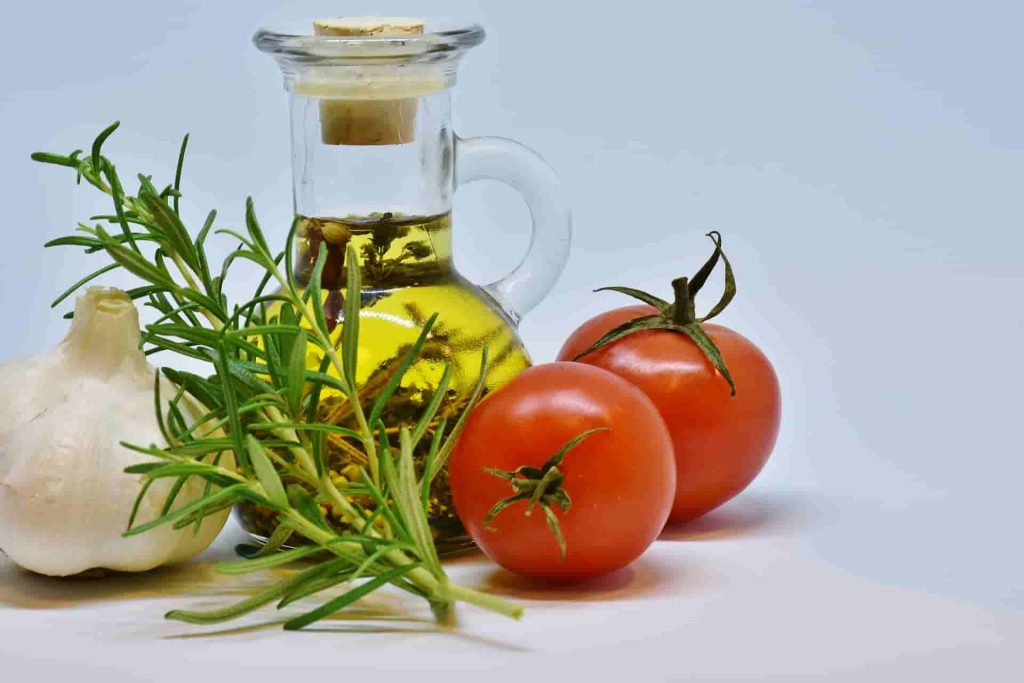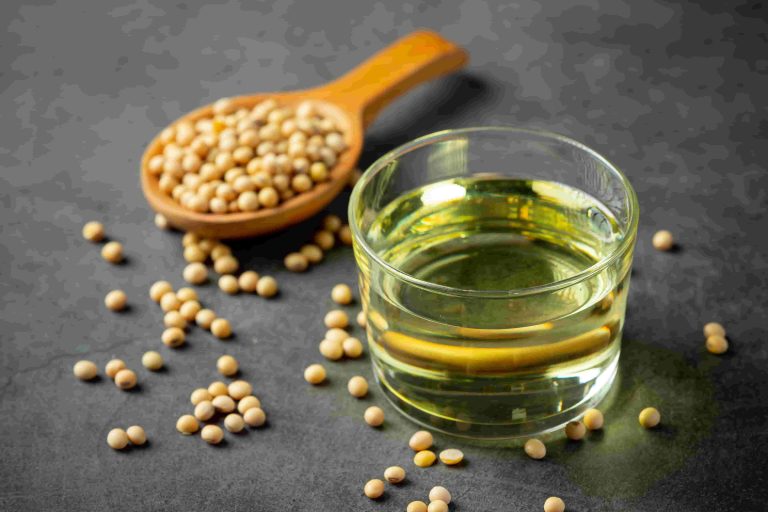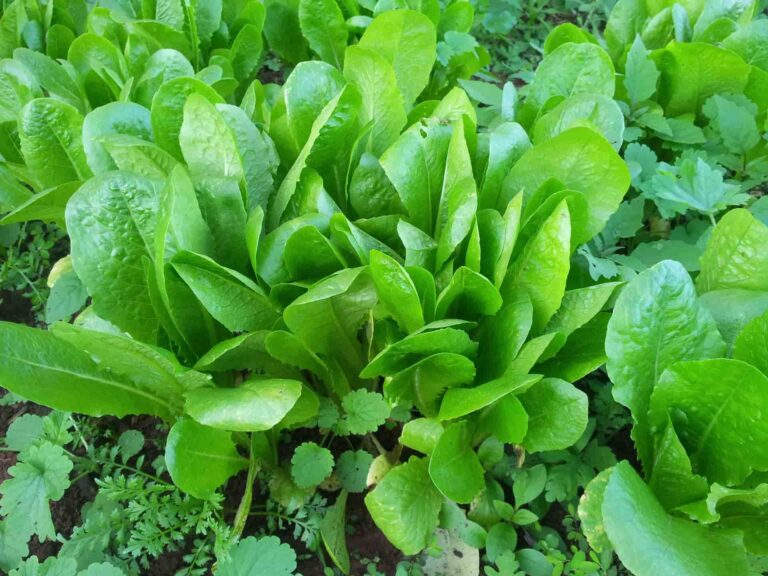Olive oil: Health Benefit, Origin, Grade & Use
Olive oil is the epitome of Mediterranean cuisine. The aromatic oil is made from olives that are preferably grown in the Mediterranean region. It goes well with a wide variety of meat, fish and vegetarian dishes as well as salads.
Olive oil is inextricably linked with Mediterranean cuisine. But even in this country it is becoming more and more standard due to its high health value.
The golden yellow to light green oil is rediscovered again and again, as it can take on a wide variety of flavors depending on the origin, the ripeness of the olives and the prevailing climate.

Origin of Olive Oil
The origin of olive oil is probably in the eastern Mediterranean – in today’s area of Israel, Lebanon and Syria. It was used there 4,000 years ago.
Over time, its cultivation and processing has spread throughout the Mediterranean[1]. Today Greece is considered the country with the best olive oil.
Olive oil grades
Olive oil can be divided into several different grades:
- Extra virgin olive oil: This pure olive oil (from the best olives) is exclusively cold-pressed, without the addition of heat and chemicals (= unrefined). The acid content is less than 0.8 percent.
- Virgin olive oil: Virgin olive oil (of less good quality) is also cold-pressed, but the acid content can be up to 2 percent.
- Olive oil: It is a mixture of virgin (around 10%) and refined olive oil.
Info: Extra virgin olive oil has the same meaning as extra virgin olive oil.
EU law even distinguishes eight varieties, of which only these three are regularly available in grocery stores, as the others are partly not edible or at least very faulty.
Info: Extra virgin olive oil is the highest quality olive oil, as it is subject to very strict requirements and quality criteria during production.
Olive Oil Use in the kitchen
Olive oil is an integral part of Mediterranean cuisine. Here the different nuances of taste that olive oil can take on due to the origin of the olives are used for a wide variety of purposes.
Heating olive oil:
If you use olive oil for frying and you need very high temperatures, you should use an industrially refined olive oil (without the addition of “extra” or “native”) as this is extremely heat-stable (up to 230 degrees).

Clear extra virgin olive oil can be heated up to approx. 180 degrees (= smoke point).
Because of the suspended matter, unfiltered olive oil should only be used up to approx. 130 degrees. be heated.
Info: As soon as the oil starts to smoke while frying, the temperature is too high.
The following herbs go best with olive oil:
- mint
- oregano
- rosemary
- thyme
- basil
- sage
- Chili peppers
- Bay leaves
- garlic
The oil enhances marinades, sauces, salads, vegetable dishes and paste with its different taste nuances.
When preparing herbal oils, washed herbs are put in a bottle with olive oil for 2-3 weeks. Then the oil is poured off through a sieve and you have ready-made seasoning oil for salads or marinades.
7 Health Benefit of Olive Oil
- More than three quarters of olive oil consists of monounsaturated and polyunsaturated fatty acids.
- It is therefore one of the healthiest edible oils.
- Olive oil can stimulate the activity of the intestines and thus counteract constipation.
- Regular consumption can reduce the risk of cancer, cardiovascular disease and arteriosclerosis.
- Olive oil is also an effective prevention against stomach and intestinal ulcers.
- Olive oil can also reduce the risk of tumor formation and depression.
- Due to the high vitamin E content and the many antioxidants, the oil is also good for delicate and healthy skin.
Info: Olive oil contains monounsaturated fatty acids which have a positive effect on the cholesterol level.






